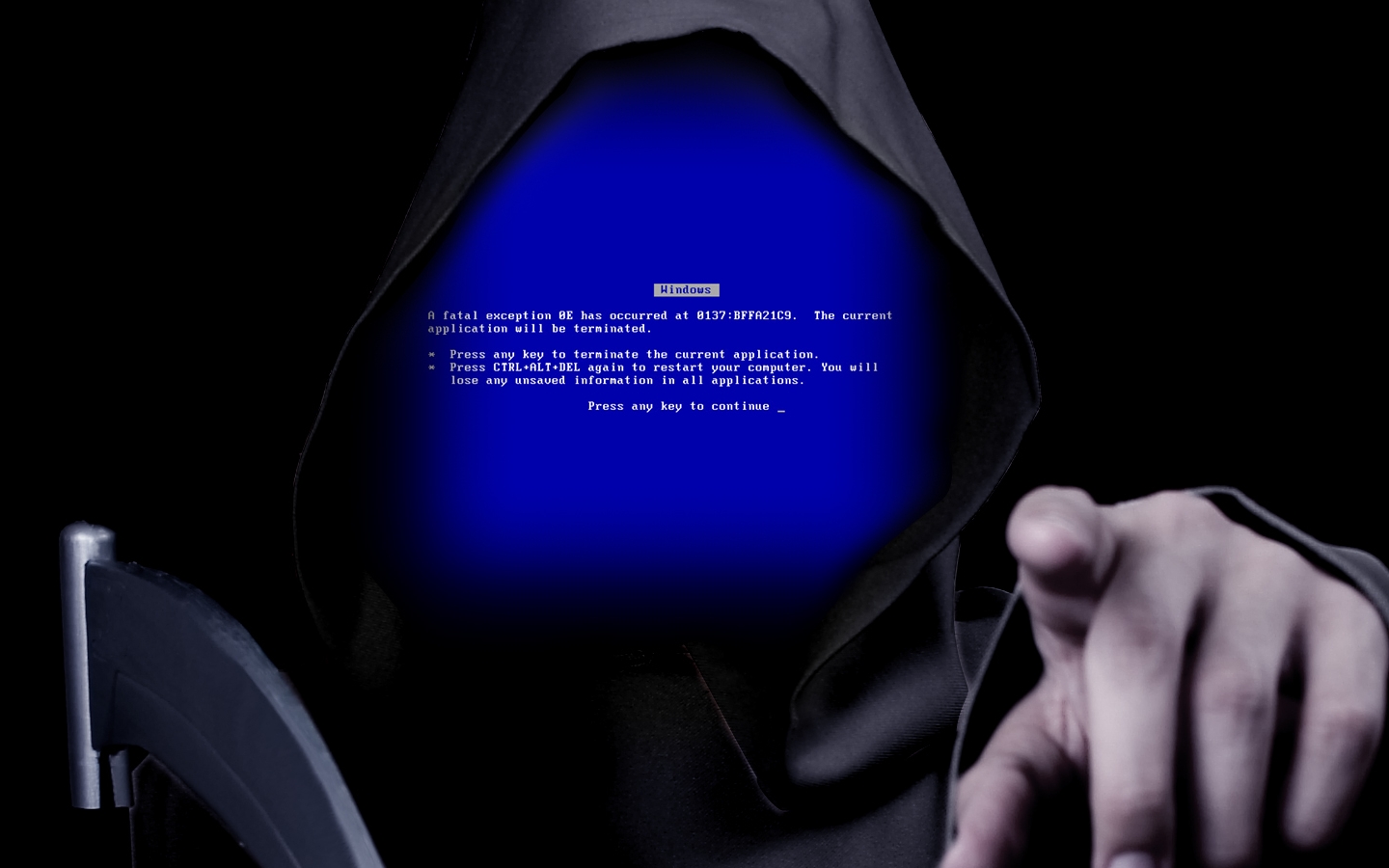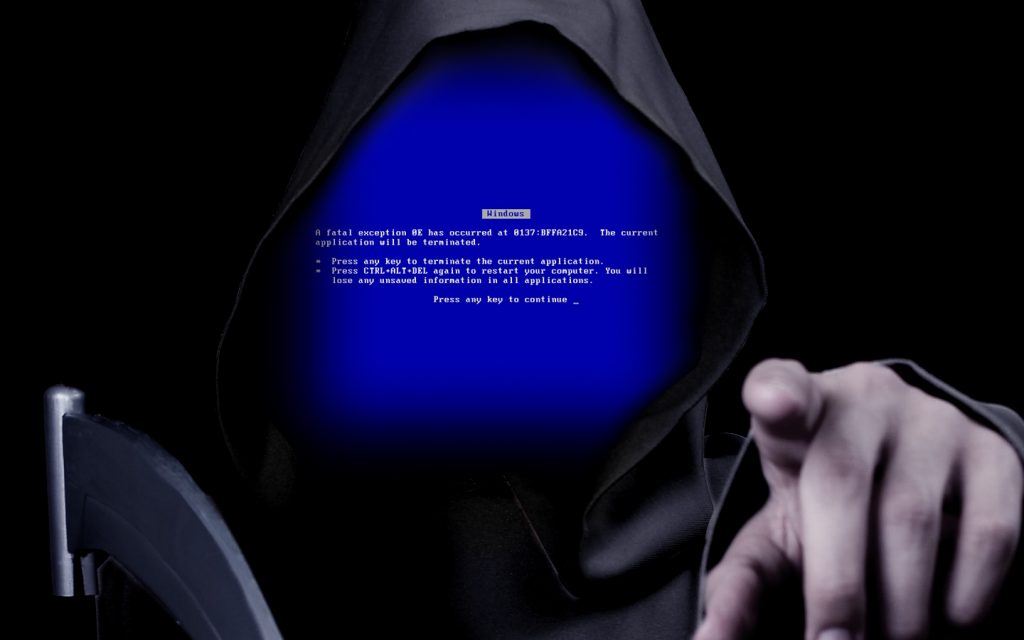
charged particles coming from outer space can be a reason for crashes of smartphones, computers, and other electronic devices. These particles are generated when cosmic rays strike the Earth’s atmosphere. While these alien particles aren’t harmful to the living beings, they can interfere with integrated circuits and change bits of stored data.
W
hat do you do if you face frequent computer crashes and it shows Blue Screen of Death? You blame Microsoft and their buggy operating system. The same way, you end up blaming your smartphone manufacturer if it freezes and stops responding. But, the actual reason for such crashes might be very unexpected.Bharat Bhuva, an electrical engineering professor at Vanderbilt University, has found out that electrically charged particles from outside our solar system may cause unexpected glitches that could interfere with your personal electronic devices.
These charged particles might originate from the cosmic rays. Bhuva says that it’s a really big problem, but it’s invisible to the common public.
In his article detailing the phenomenon, Bhuva says that when cosmic rays traveling at the fractions of the speed of light strike our planet’s atmosphere, they generate many other secondary particles. These particles don’t have any harmful effects on human beings. But, they do carry enough energy to cause problems to your electronic devices.
By interfering with microelectronic circuits, they may alter the data bits stored on the chips. It’s called single-event upset or SEU. However, it’s tough to predict the occurrence of SEUs.
One such probable SEU, as pointed by Bhuva, was a Qantas flight from Singapore to Perth in 2008 dropped 690 feet in 23 seconds. Another SEU occurred in 2003 when an electronic voting machine in Belgium faced a glitch and added 4,096 extra votes to a particular candidate.
Bhuva is a member of Vanderbilt’s Radiation Effects Research Group, which is the largest academic program in the US that studies the effects of radiations on electronic devices. Group’s one recent study was funded by microelectronic giants like AMD, ARM, Broadcom, Cisco, MediaTek, Qualcomm, etc.
The group has found this general trend of radiation effect in the last three generations of IC technology — 28nm, 20nm, and 16nm.
“This is a major problem for industry and engineers, but it isn’t something that members of the general public need to worry much about,” the engineer concludes.
Do you face unexpected computer crashes very often? Have something to add to this story? Share your views with us at kryptosTechnology.
